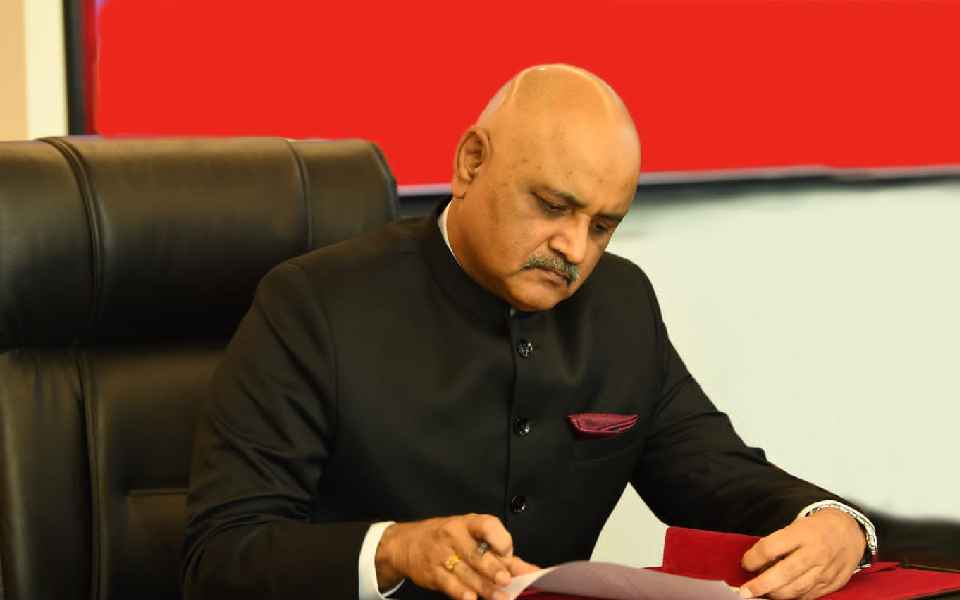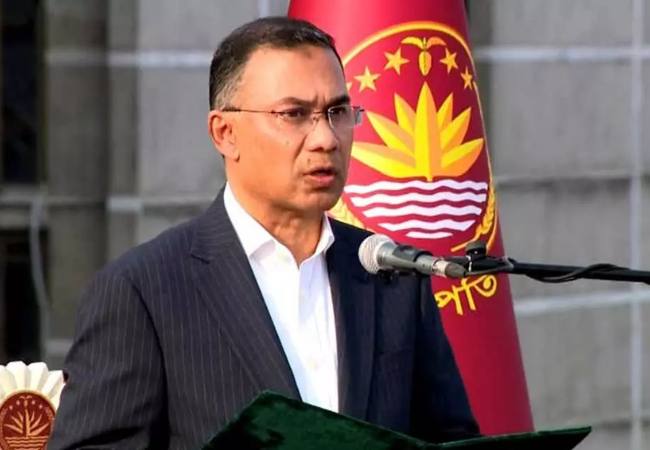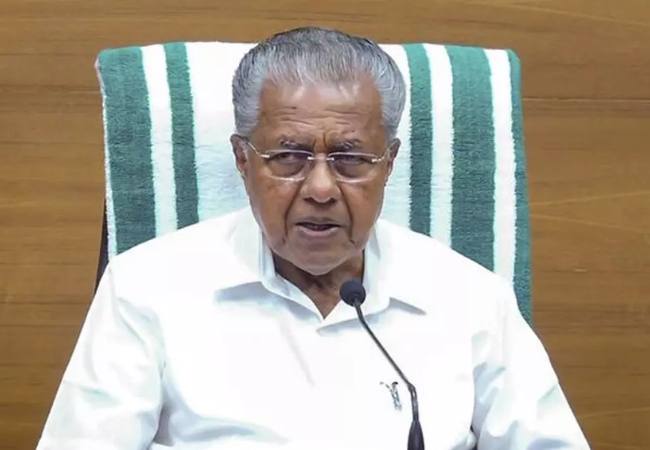New Delhi, May 25 (Press Release): Praveen Sood, an IPS officer of 1986 Batch (Karnataka Cadre) today took over as Director, Central Bureau of Investigation. Before joining, he was serving as Director General of Police, Karnataka.
Sood has served in various important positions during his long tenure of about 37 years in the IPS. These include as SP of Bellary & Raichur; Additional Commissioner of Police (Traffic) Bengaluru City; Commissioner of Police, Mysuru City & Bengaluru City; ADGP; Principal Secretary (Home); DGP (Internal Security) and DGP (CID). He has worked as advisor to Government of Mauritius.He has supervised the investigation of high profile cases involving high net-worth individuals and cases having inter-state & international ramifications and also investigation & detection of crime including Cyber Crime, Information Technology etc. Specifically, he worked for strengthening of CCTNS (Crime and Criminal Tracking Network & Systems) & ICJS (Interoperable Criminal Justice System) networks in the Karnataka State along with the judiciary.
Praveen Sood is a graduate (B. Tech) in Civil Engineering from IIT, Delhi; Post Graduation in Public Policy & Management form IIM, Bengaluru and Maxwell School of Governance, Syracuse University, New York.
Praveen Sood has been decorated with the President’s Police Medal for Distinguished Servicein 2011 and Police Medal for Meritorious Service in 2002. He has been awarded Chief Minister’s Gold Medal for Excellence in Service in 1996; National e-Governance Gold Award for “Most innovative use of technology for Traffic Management in the year 2011 and Prince Michael International Road Safety Award in the year 2006 for contribution towards road safety and traffic management.
After taking over charge, Praveen Sood interacted with the officers of CBI.



Let the Truth be known. If you read VB and like VB, please be a VB Supporter and Help us deliver the Truth to one and all.
Mumbai (PTI): Veteran screenwriter Salim Khan suffered a brain haemorrhage which has been tackled, is on ventilator support as a safeguard and stable, doctors treating him said on Wednesday, a day after he was admitted to the Lilavati Hospital here.
The 90-year-old, one half of the celebrated Salim-Javed duo which scripted films such as "Sholay", "Deewar" and "Don" with Javed Akhtar, is in the ICU and recovery might take some time given his age.
"His blood pressure was high for which we treated him and we had to put him on a ventilator because we wanted to do certain investigations. Now the ventilator was put as a safeguard so that his situation doesn't get worse. So it is not that he is critical," Dr Jalil Parkar told reporters.
"We did the investigations that were required and today we have done a small procedure on him, I will not go into the details. The procedure done is called DSA (digital subtraction angiography). The procedure has been accomplished, he is fine and stable and shifted back to ICU. By tomorrow, we hope to get him off the ventilator. All in all, he is doing quite well," he added.
Asked whether he suffered a brain haemorrhage, the doctor said, "Unko thoda haemorrhage hua tha, which we’ve tackled. No surgery is required.
As concern over Khan's health mounted, his children, including superstar Salman Khan and Arbaaz Khan, daughter Alvira, and sons-in-law Atul Agnihotri and Aayush Sharma, have been seen outside the hospital along with other well-wishers. His long-time partner Akhtar was also seen coming out of the hospital.
Khan, a household name in the 70s and 80s, turned 90 on November 24 last year. It was the day Dharmendra, the star of many of his films, including "Sholay", "Seeta aur Geeta" and "Yaadon Ki Baraat", passed away.
Hailing from an affluent family in Indore, Khan arrived in Mumbai in his 20s with dreams of stardom. He was good looking and confident he would make a mark in the industry as an actor. But that did not happen. And then, after struggling for close to a decade and getting confined to small roles in films, he changed lanes.
He worked as an assistant to Abrar Alvi and soon met Akhtar to form one of Hindi cinema's most formidable writing partnerships. They worked together on two dozen movies with most of them achieving blockbuster status.
Other than "Sholay", "Deewar" and "Don", Khan and Akhtar also penned "Trishul", "Zanjeer", "Seeta Aur Geeta", "Haathi Mere Saathi", "Yaadon Ki Baarat" and "Mr India".





